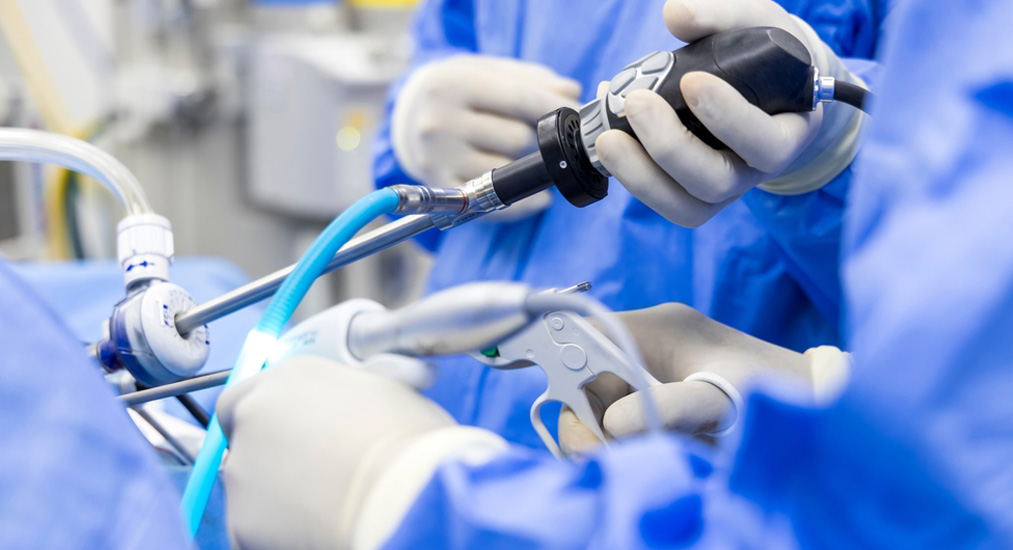Artificial Intelligence (AI) is revolutionizing healthcare, particularly in the field of gastroenterology, by enhancing diagnostic accuracy, improving treatment outcomes, and transforming patient care. This blog explores the innovative applications of AI in diagnosing digestive disorders, highlighting its impact and future potentials.
Understanding AI in Gastroenterology
AI encompasses machine learning algorithms and computational models that analyze vast amounts of data to identify patterns, make predictions, and support clinical decision-making. In gastroenterology, AI applications are being increasingly integrated into diagnostic procedures to streamline processes and improve accuracy.
Applications of AI in Diagnosing Digestive Disorders
- Image Recognition and Analysis: AI algorithms are capable of analyzing endoscopic images and videos with precision, aiding in the detection of lesions, polyps, and abnormalities that may indicate gastrointestinal diseases such as colorectal cancer. This technology reduces human error and enhances diagnostic confidence.
- Predictive Analytics: AI-driven predictive models can analyze patient data, including medical history, symptoms, and genetic markers, to assess the risk of developing digestive disorders like inflammatory bowel disease (IBD) or gastroesophageal reflux disease (GERD). Early identification allows for proactive intervention and personalized treatment plans.
- Natural Language Processing (NLP): NLP algorithms analyze clinical notes and pathology reports, extracting valuable insights that aid in diagnosis and treatment planning. This technology improves the efficiency of information retrieval and enhances communication between healthcare providers.
Benefits of AI in Gastroenterology
- Enhanced Diagnostic Accuracy: AI algorithms can detect subtle abnormalities and patterns in medical imaging that may be missed by human eyes alone.
- Personalized Medicine: By analyzing large datasets, AI helps tailor treatment plans based on individual patient characteristics and disease profiles.
- Efficiency and Cost-effectiveness: Streamlining diagnostic processes reduces healthcare costs and improves patient outcomes by facilitating timely interventions
Future Directions and Challenges
As AI continues to evolve, its potential in gastroenterology expands to include real-time decision support systems, virtual consultations, and automated reporting. However, challenges such as data privacy, algorithm transparency, and integration into clinical workflows remain critical considerations for widespread adoption.
Conclusion
Artificial Intelligence is transforming the landscape of gastroenterology, offering new avenues for precision medicine and improved patient care.



